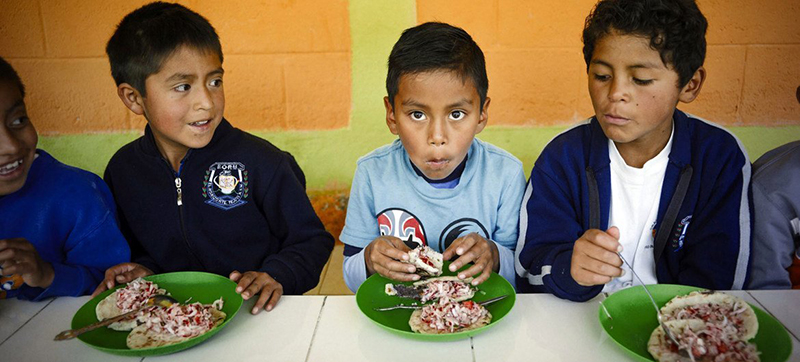 Tropical Diseases
Tropical Diseases
More countries eliminate neglected tropical diseases but investments key to sustain progress
Geneva: Today, on World Neglected Tropical Disease (NTD) Day, WHO releases a new progress report, entitled “Global report on neglected tropical diseases 2023” highlighting the progress and challenges in delivering NTD care worldwide, against a backdrop of COVID-19-related disruptions.
NTDs continue to disproportionately affect the poorest members of the global community, primarily in areas where water safety, sanitation and access to health care are inadequate. Although as many as 179 countries and territories reported at least one case of NTDs in 2021, 16 countries accounted for 80% of the global NTD burden. Around 1.65 billion people were estimated to require treatment for at least one NTD, globally.
The new progress report shows that the number of people requiring NTD interventions fell by 80 million between 2020 and 2021, and eight countries were certified or validated as having eliminated one NTD in 2022 alone. As of December 2022, 47 countries had eliminated at least one NTD and more countries were in the process of achieving this target.
Accomplishments made in 2021-2022 build on a decade of significant progress. In 2021, 25% fewer people required interventions against NTDs than in 2010, and more than one billion people were treated for NTDs each year between 2016 and 2019 through mass treatment interventions.
“Around the world, millions of people have been liberated from the burden of neglected tropical diseases, which keep people trapped in cycles of poverty and stigma,” said Dr Tedros Adhanom Ghebreyesus, WHO Director-General. “But as this progress report shows, we still have a lot of work to do. The good news is, we have the tools and the know-how not just to save lives and prevent suffering, but to free entire communities and countries of these diseases. It’s time to act now, act together, and invest in NTDs.”
The report also notes the significant impact of COVID-19 had on community-based interventions and on access to health facilities, as well as on supply chains for healthcare products. This led to 34% fewer people receiving treatment for NTDs between 2019 and 2020, even if a general resumption of activities enabled a 11% increase in recovery in 2021, when approximately 900 million people were treated.
Act now. Act together. Invest in neglected tropical diseases
The new report emphasizes greater efforts and investments required to reverse delays and accelerate progress towards the NTD road map targets by 2030. Promoting country ownership and accountability, as well as the sustainability and predictability of financing, including more robust domestic funding, are key to achieving the NTD road map goals and enabling countries to deliver on their commitments to provide quality NTD services to affected populations.
Multi-sectoral collaboration and partnerships are vital to make this happen. Last week, WHO and Gilead Sciences signed a new agreement for the donation of 304 700 vials of AmBisome (liposomal amphotericin B for injection) for the treatment of visceral leishmaniasis in countries most impacted by the disease, extending their previous agreement to 2025. The new three-year collaboration is estimated at US$ 11.3 million and also makes provision for financial support to WHO.
WHO urges more partners and donors to come forward and fill existing gaps that hinder the full-scale implementation of NTD activities at global and local levels. Later this week, the 152nd session of the WHO Executive Board will consider admitting The Carter Center into official relations with WHO.
WHO’s NTD work in 2021 and 2022 resulted in over 100 scientific guidelines, tools and other information products, to assist the global NTD community including countries in need. The Open WHO platform started an NTD channel offering 36 training courses for health workers on 19 separate subjects. WHO continues to evaluate and approve new medicines to treat neglected tropical diseases, and works steadfastly to ensure equity and human rights in all NTD service delivery.
On World NTD Day under the theme “Act now. Act together. Invest in neglected tropical diseases”, WHO is calling on everybody, including leaders and communities, to confront the inequalities that drive NTDs and to make bold, sustainable investments to free the world’s most vulnerable communities affected by NTDs from a vicious cycle of disease and poverty.
Support Our Journalism
We cannot do without you.. your contribution supports unbiased journalism
IBNS is not driven by any ism- not wokeism, not racism, not skewed secularism, not hyper right-wing or left liberal ideals, nor by any hardline religious beliefs or hyper nationalism. We want to serve you good old objective news, as they are. We do not judge or preach. We let people decide for themselves. We only try to present factual and well-sourced news.







